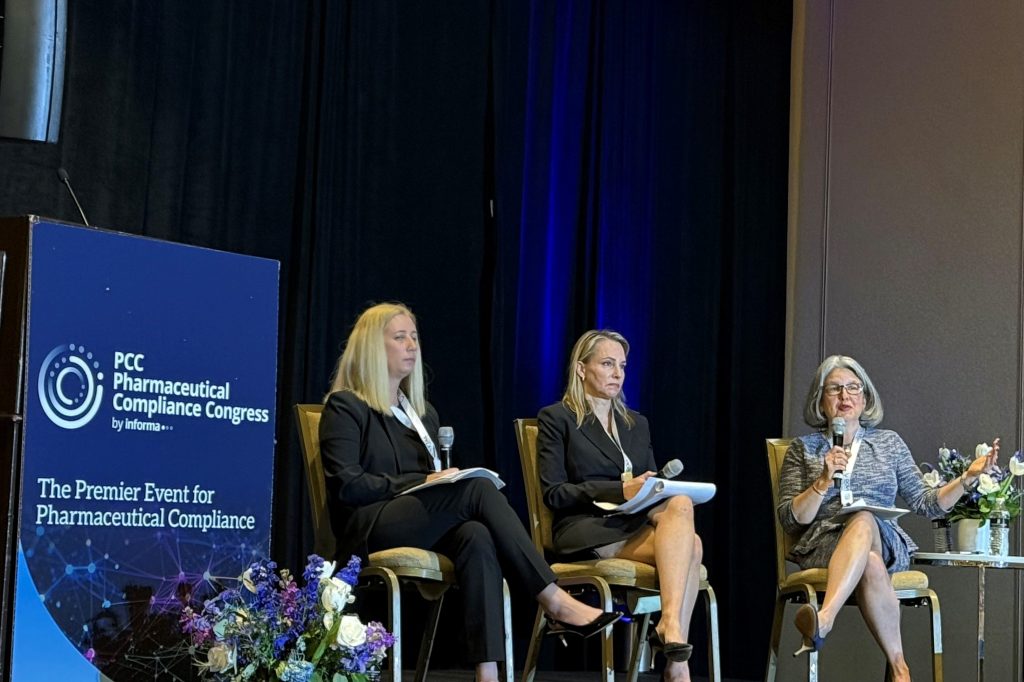A regulatory review uncovered inadequate and weak AML policies, procedures and controls at WHG (International) Limited (WHG), Mr Green Limited as well as the William Hill Organization Limited. Risk assessments at all three businesses did not take into account specific risks connected to terrorist financing.
AML issues at WHG and Mr Green were extensive and included:
- shortcomings in the adequacy and maintenance of policies and procedures;
- lack of guidance on appropriate action and outcome following customer profiling;
- lack of hard stops before customer profiling was completed;
- delays to Enhanced Customer Due Diligence (ECDD);
- inadequately resourced due diligence teams;
- incorrect assumptions about winning customers’ risk profiles;
- undue reliance on open-source information in connection with the source of customers’ funds;
- inadequate AML training for staff.
Some customers at all three companies were able to deposit large amounts of money without the appropriate KYC scrutiny and appropriate subsequent oversight and monitoring. A customer at Mr Green was able to deposit £73,535 ($90,110) just by virtue of being a company director. Another customer at WHG was able to “place bets on behalf of unknown third parties” despite WHG possessing “information that strongly suggested” this was happening.
Social responsibility failures at the three businesses were similarly widespread with the absence of adequate controls to protect new and at risk customers in particular attracting regulatory ire. Customers were able to open new accounts and lose significant amounts of money in a very short time, sometimes immediately following an account opening. Ineffective information sharing between the businesses (all controlled by William Hill Group as a licensee) meant, for example, 331 customers were permitted to gamble with WHG despite having ‘self-excluded’ with Mr Green.
Largest fine levied
The fine is the largest levied by the Gambling Commission, which reflects the seriousness of the compliance problems uncovered in the course of the investigation. According to Andrew Rhodes, Gambling Commission chief executive, “serious consideration was given to licence suspension” and it was only the swift implementation of improvements by the William Hill Group that helped avert this. In addition to the fine William Hill Group will be subject to additional licence conditions that include a requirement of undergoing a third-party audit to assess the adequacy of the required improvements.
The fine is not unexpected. William Hill Group had previously indicated that it was aware of AML and KYC failings and that it had set aside £15m ($18.5m) to cover any fines stemming from this. The fact that the penalty actually imposed exceeds the amount that had been set aside by the company underlines not only the severity of the failings, but also the fact that the Gambling Commission is intent on being seen as a vigorous and serious regulator.
The public statements itemising the failures uncovered during the investigation do not paint a pretty picture and underline the importance not only of having adequate systems, policies and procedures in place, but also ensuring that adequate and well-trained resource is available to enforce these. Even the best possible compliance arrangement can be rendered vulnerable by inadequate staffing. In this instance the issues with policies and procedures were further compounded by the absence of appropriate checks, scrutiny and, timely action by the companies to protect the business and its customers.













